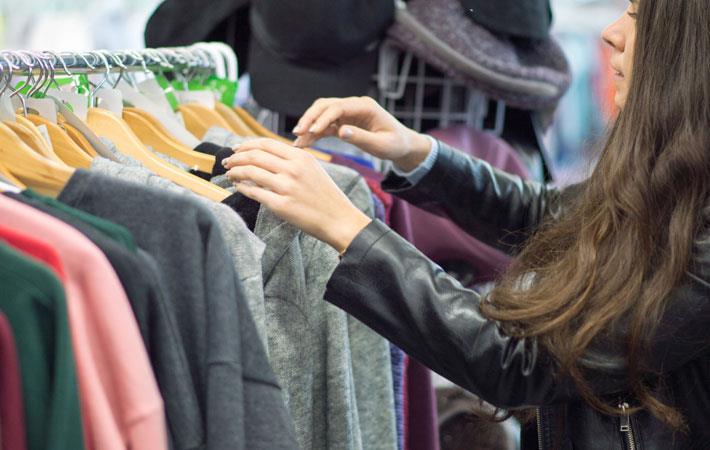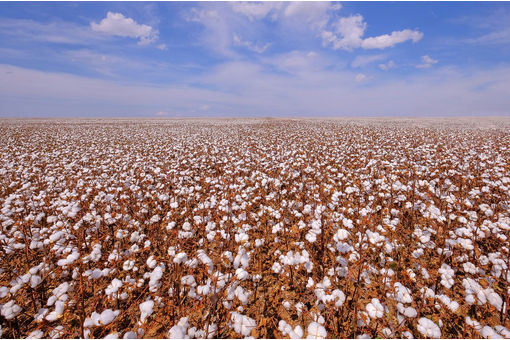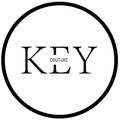Interviews
News Flash
Fashion leaders pessimistic about 2020: BoF-McKinsey study
21 Nov '19
3 min read

Pic: Shutterstock
Fashion leaders have expressed pessimism across all geographies and price points for 2020, according to the fourth annual State of Fashion report released by The Business of Fashion (BoF) and McKinsey. The year ahead will open with the industry in a state of uncertainty, with most fashion executives (55 per cent) foreseeing a slowdown in global economic growth.
The prevailing mood of fashion leaders is one of anxiety and concern. The pockets of optimism seen last year in North America and the luxury segment have steadily evaporated, says the report.
The coming year will be tough, as the digital shakeout gathers pace, customers demand more on sustainability and slower growth puts pressure on margins.
Only 9 per cent of respondents think conditions for the industry will improve next year, compared to 49 percent who thought the same last year.
The McKinsey Global Fashion Index (MGFI) forecasts that fashion industry revenue growth will slow further in 2020—down to 3-4 per cent—slightly below the predicted growth for 2019. The most optimistic region is Asia, although, even here only 14 per cent of executives expect an improvement in conditions, McKinsey said in a press release.
Concerns are mounting amid broader macroeconomic uncertainty, political upheaval across the globe and the continued threat of trade wars, disappointing retail sales in emerging Asia-Pacific growth markets, a general economic malaise in mature Europe aggravated by Brexit uncertainty and muted consumer sentiment in North America.
Growth in emerging Europe, Latin America, the Middle East and Africa is expected to remain stable overall with some brighter spots.
When it comes to sustainability, the industry’s track record remains a source of concern. The textile sector still represents 6 per cent of global greenhouse-gas emissions and 10-20 per cent of pesticide use. Washing, solvents and dyes used in manufacturing are responsible for one-fifth of industrial water pollution, and fashion accounts for 20-35 per cent of microplastic flows into the ocean.
Consumers are increasingly waking up to this reality and demanding change. According to McKinsey’s 2019 Apparel Chief Purchasing Officer Survey, while the absolute number of sustainable fashion products remains low, there has been a five-fold increase over the past two years.
The study report identifies ten themes that will be crucial for the fashion industry in 2020:
• Turmoil could disrupt emerging and developed market economies, and indicators of recession risk are spurring companies to build resilience.
• Although China provides exciting opportunities, the market can be hard to crack; companies should consider other high-growth geographies as well.
• To maximise return on marketing spend, fashion players need to hone their social media strategy.
• Convenience and immediacy are key and companies must reduce friction in the customer journey via in-store experience and localised assortments.
• Fashion players need to swap platitudes and promotional noise for action on sustainability measures like energy consumption, pollution and waste.
• Alternative materials, including sustainable substitutes, may be on their way to adoption at scale.
• Consumer and employee pressure the push for fashion players to focus on diversity and inclusion.
• Established players will face competition from Asian challengers, including small and medium enterprises selling directly to global consumers.
• As direct-to-consumer activity rises, traditional trade flows must adapt.
• Although some fashion tech and digital fashion players have reached unicorn status, concern over their ability to turn a profit is growing.
The prevailing mood of fashion leaders is one of anxiety and concern. The pockets of optimism seen last year in North America and the luxury segment have steadily evaporated, says the report.
The coming year will be tough, as the digital shakeout gathers pace, customers demand more on sustainability and slower growth puts pressure on margins.
Only 9 per cent of respondents think conditions for the industry will improve next year, compared to 49 percent who thought the same last year.
The McKinsey Global Fashion Index (MGFI) forecasts that fashion industry revenue growth will slow further in 2020—down to 3-4 per cent—slightly below the predicted growth for 2019. The most optimistic region is Asia, although, even here only 14 per cent of executives expect an improvement in conditions, McKinsey said in a press release.
Concerns are mounting amid broader macroeconomic uncertainty, political upheaval across the globe and the continued threat of trade wars, disappointing retail sales in emerging Asia-Pacific growth markets, a general economic malaise in mature Europe aggravated by Brexit uncertainty and muted consumer sentiment in North America.
Growth in emerging Europe, Latin America, the Middle East and Africa is expected to remain stable overall with some brighter spots.
When it comes to sustainability, the industry’s track record remains a source of concern. The textile sector still represents 6 per cent of global greenhouse-gas emissions and 10-20 per cent of pesticide use. Washing, solvents and dyes used in manufacturing are responsible for one-fifth of industrial water pollution, and fashion accounts for 20-35 per cent of microplastic flows into the ocean.
Consumers are increasingly waking up to this reality and demanding change. According to McKinsey’s 2019 Apparel Chief Purchasing Officer Survey, while the absolute number of sustainable fashion products remains low, there has been a five-fold increase over the past two years.
The study report identifies ten themes that will be crucial for the fashion industry in 2020:
• Turmoil could disrupt emerging and developed market economies, and indicators of recession risk are spurring companies to build resilience.
• Although China provides exciting opportunities, the market can be hard to crack; companies should consider other high-growth geographies as well.
• To maximise return on marketing spend, fashion players need to hone their social media strategy.
• Convenience and immediacy are key and companies must reduce friction in the customer journey via in-store experience and localised assortments.
• Fashion players need to swap platitudes and promotional noise for action on sustainability measures like energy consumption, pollution and waste.
• Alternative materials, including sustainable substitutes, may be on their way to adoption at scale.
• Consumer and employee pressure the push for fashion players to focus on diversity and inclusion.
• Established players will face competition from Asian challengers, including small and medium enterprises selling directly to global consumers.
• As direct-to-consumer activity rises, traditional trade flows must adapt.
• Although some fashion tech and digital fashion players have reached unicorn status, concern over their ability to turn a profit is growing.
Fibre2Fashion News Desk (DS)
Popular News
































-Ltd..jpg?tr=w-120,h-60,c-at_max,cm-pad_resize,bg-ffffff)





.jpg?tr=w-120,h-60,c-at_max,cm-pad_resize,bg-ffffff)
.jpg?tr=w-120,h-60,c-at_max,cm-pad_resize,bg-ffffff)






